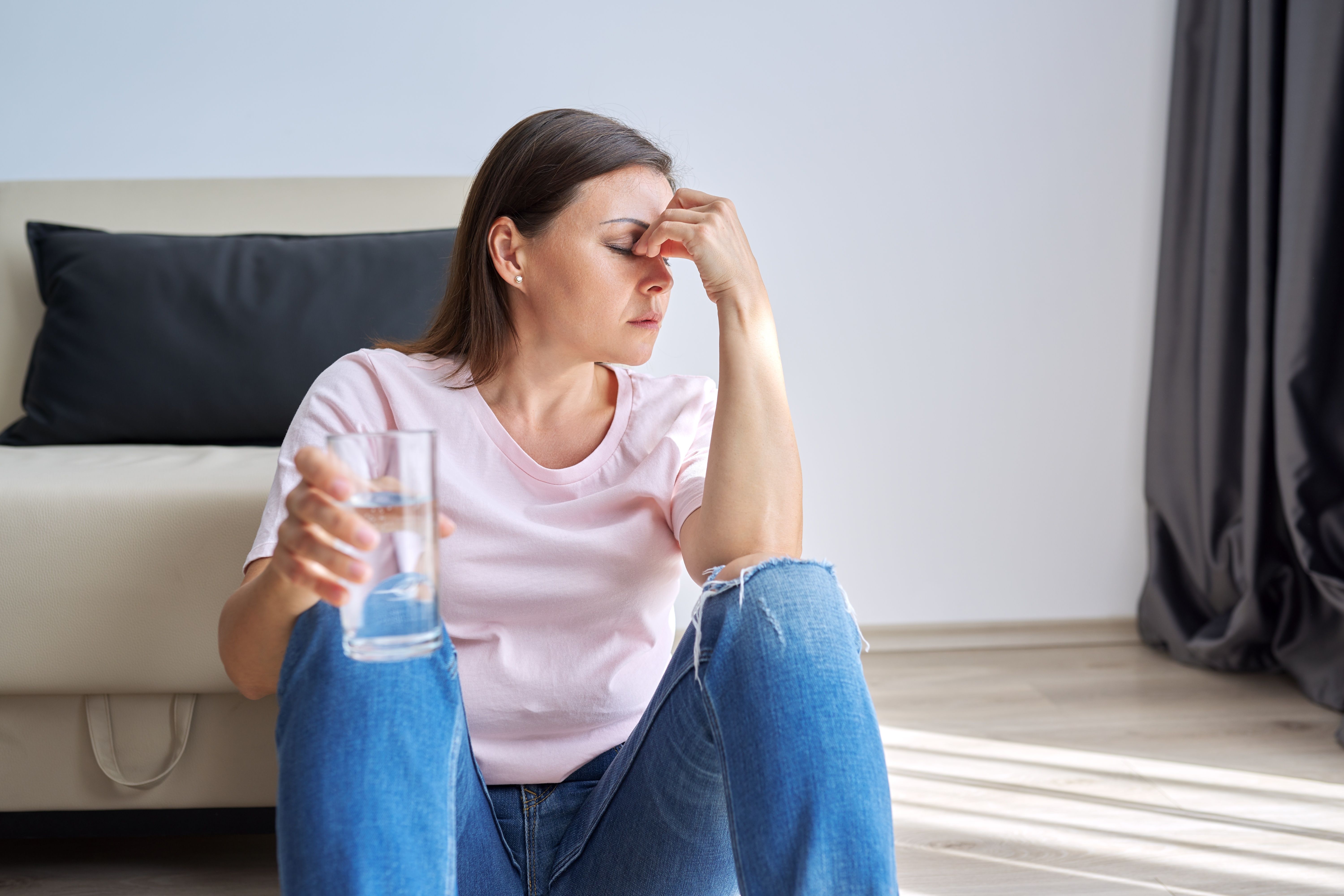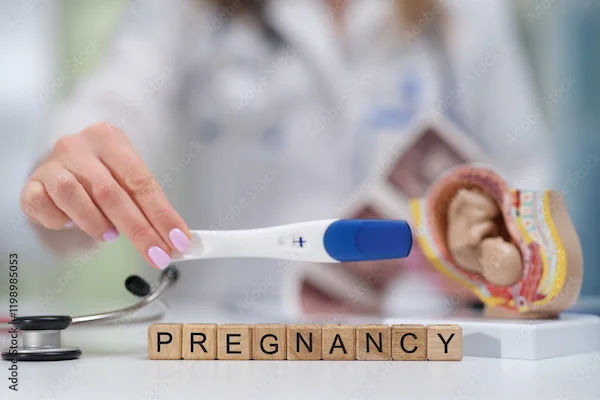- female
- 35 Years
- 14/08/2025
Can fibroids in the uterus shrink with just medication I really want to avoid surgery and explore other options what would you recommend
More Obstetrics & Gynaecology Health Queries
View allI'm 29 and married, dealing with PCOD. I'm not on any treatment at the moment, but my periods have been irregular and I haven't had one since February. I'm trying to lose weight but haven't seen much progress. I'm feeling really stressed about all this. What should I do?
Considering your PCOD, irregular periods, and weight loss struggles, consult a gynecologist or an endocrinologist to discuss a comprehensive treatment plan, which may include hormonal medications, fertility treatments, and lifestyle modifications, such as a personalized diet and exercise plan, stress management techniques, and possibly medications like Metformin to regulate your menstrual cycle and improve insulin sensitivity
Answered by 1 Apollo Doctors
I'm about six months pregnant and recently felt a strong pain in my lower right back. When I went to the doctor, they did a urine test and told me I have 810 cells of pus in my uterus. Now I'm worried because they also said my baby and placenta are low because of this infection. Should I be worried about this? What does it mean for my pregnancy?
Pus cells in the urine indicate an infection, which is common in pregnancy, please be hydrated and
Answered by 1 Apollo Doctors
Is amniotic fluid sticky?
Amniotic fluid shouldn't have a sticky consistency. If you notice something sticky or a thick whitish residue in your underwear, it's unlikely to be your waters. It is more likely to be heavy vaginal discharge or signs of your mucus plug.
Answered by 1 Apollo Doctors
Disclaimer: Answers on Apollo 247 are not intended to replace your doctor advice. Always seek help of a professional doctor in case of an medical emergency or ailment.






